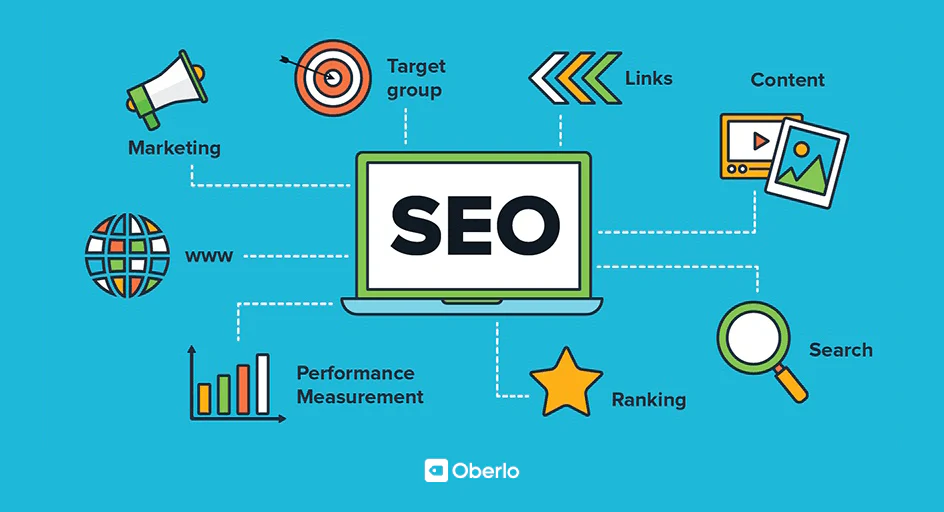Introduction
The SEO landscape is rapidly evolving, driven by technological advancements and changing user behaviors. Staying ahead of these trends is crucial for businesses aiming to maintain and enhance their online visibility. Here are the top 10 SEO trends to watch in 2025.
1. AI Overviews Dominating SERPs
Google’s AI Overviews, formerly known as Search Generative Experience (SGE), are increasingly appearing at the top of search engine results pages (SERPs). These AI-generated summaries provide users with quick, comprehensive answers, reducing the need to click through multiple websites. Exposure Ninja+3Exploding Topics+3WordStream+3
Suggested Image: Screenshot of a Google search result featuring an AI Overview.
2. Rise of Generative Engine Optimization (GEO)
With the advent of AI-driven search engines like ChatGPT and Google’s Gemini, optimizing content for generative AI responses has become essential. Generative Engine Optimization focuses on enhancing content visibility within AI-generated answers. Wikipedia+1The Guardian+1
Suggested Image: Diagram illustrating the concept of Generative Engine Optimization.
3. Decline in Google’s Market Share
Alternative search engines and AI chatbots are gaining popularity, leading to a decline in Google’s market share. This shift necessitates a diversified SEO strategy that includes platforms beyond traditional search engines. Squarespace+3Exploding Topics+3The Guardian+3
Suggested Image: Graph showing the decline in Google’s market share over time.
4. Emphasis on User-Generated Content
Search engines are placing greater value on user-generated content, such as reviews and testimonials. Encouraging customers to share their experiences can enhance credibility and improve search rankings.
Suggested Image: Collage of user reviews and testimonials.
5. Integration of AI Tools in SEO Workflows
AI tools are becoming integral to SEO workflows, assisting in content creation, keyword research, and performance analysis. Leveraging these tools can streamline processes and improve efficiency.
Suggested Image: Screenshot of an AI-powered SEO tool interface.
6. Importance of E-E-A-T and Brand Signals
Expertise, Experience, Authoritativeness, and Trustworthiness (E-E-A-T) are critical factors in Google’s ranking algorithm. Establishing strong brand signals and demonstrating expertise can enhance E-E-A-T scores. Exploding Topics
Suggested Image: Infographic explaining E-E-A-T components.
7. Emergence of Answer Engines
Answer engines, powered by AI, are becoming prominent sources of information, providing direct answers to user queries. Optimizing content to be featured in these platforms can increase visibility. WIRED+3WordStream+3Wikipedia+3
Suggested Image: Interface of an AI-powered answer engine.
8. Focus on User Experience (UX)
User experience is a significant ranking factor. Ensuring fast load times, mobile responsiveness, and intuitive navigation can improve UX and, consequently, search rankings. Backlinko
Suggested Image: Diagram showing elements of good website UX.
9. Shift Towards Long-Tail Keywords
With the rise of voice search and conversational queries, long-tail keywords are becoming more important. Targeting these specific phrases can attract more qualified traffic.
Suggested Image: Chart comparing short-tail and long-tail keyword performance.
10. Enhanced Privacy and First-Party Data Usage
Privacy concerns are leading to a greater emphasis on first-party data. Collecting and utilizing data directly from users can inform personalized SEO strategies. Analytify
Suggested Image: Illustration depicting first-party data collection methods.
Conclusion
Adapting to these SEO trends is essential for businesses aiming to maintain a competitive edge in 2025. By embracing AI advancements, focusing on user experience, and leveraging new optimization strategies, companies can enhance their online presence and achieve sustained growth.




